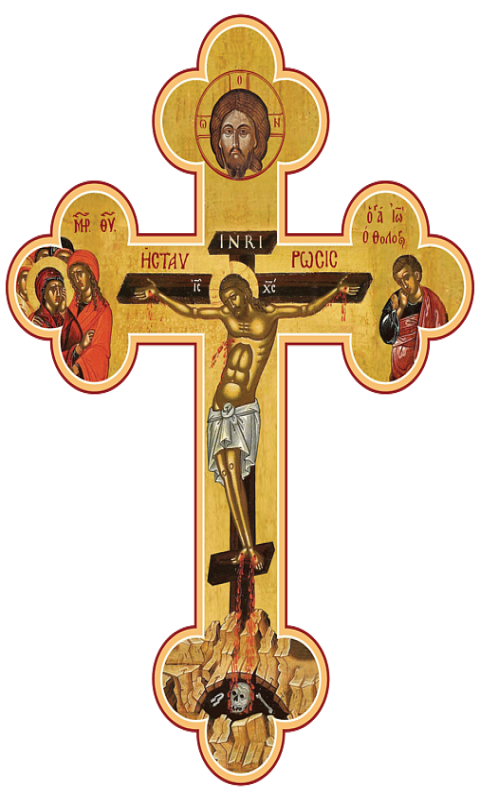Concerning the Help of God and Free Will

by Archbishop Wulfstan of York [+1023] Most beloved brothers, in the Gospel we have heard the Lord calling us to come to Him through free will. He saith: “Come unto Me, all ye who labour and are heavy laden, and I will give you rest.” [Matt. 11:28] But the Same Lord testifieth against our weakness when He saith: “No man can come to Me, except the Father Which hath sent Me draw him.” [John 6:33] The Apostle also urges on our free will, saying: “So run, that ye may obtain.” [1 Cor. 9:4] But John testifieth to our weakness when he saith: “ A man can receive nothing except it be given him from Heaven.” (John 3:27) By this, therefore, we should understand (on the one hand) that without God’s Help we can do nothing right, and (on the other) that He alloweth us the power of free choice that we may seek the Lord and obey His Commands. Therefore we may take the example of a farmer working well, when he employeth all his efforts in the cultivation of the field to break up or ploug...











